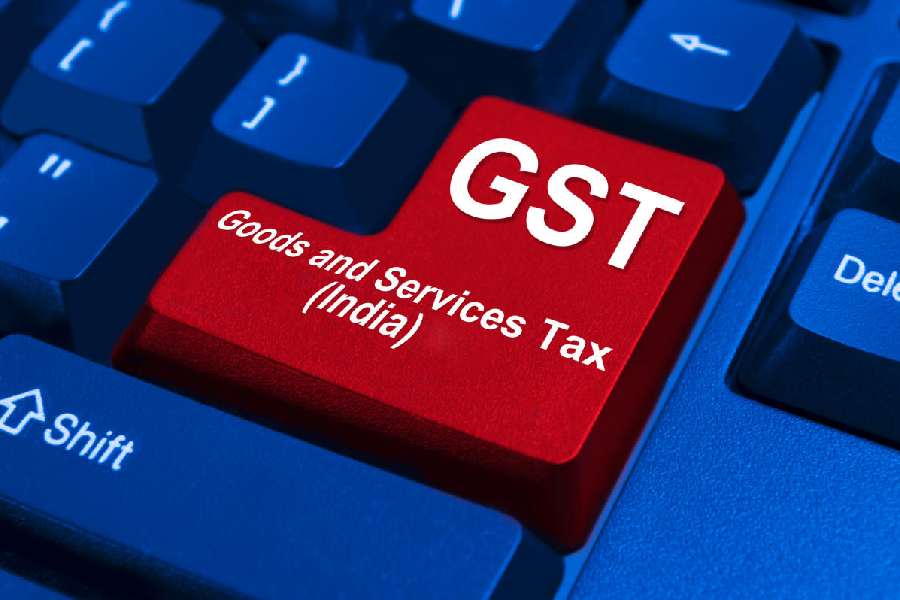As the extended deadline of March 31, 2026 for the expiry of GST compensation approaches, reports indicate that the Group of Ministers (GoM) is considering the possibility of merging the cess with standard GST rates on certain luxury and demerit goods such as automobiles, soft drinks, tobacco and coal.
While the move attempts to retain annual revenue collections from GST cess – ₹1.44 lakh crore in FY 2024 – this proposal raises serious legal, economic and governance concerns.
Constitutional issue
Cess and tax serve distinct purposes under Indian Constitution. A tax is levied to fund general government activities, while a cess is purpose-specific and temporary.
Under Article 271, a cess must be discontinued once its objective is achieved.
The compensation cess was introduced to help states overcome revenue losses during GST transition, with an explicit promise that it would end by the extended time on March 31, 2026.
Extending or embedding it into GST rates would violate this principle, inviting legal challenges and undermining public trust.
Disruption of plans
Industries affected by the cess — including automobiles, tobacco, and beverages —structured their business and expansion strategies assuming the cess would expire.
Continuing it, disguised as a higher GST rate, could hurt business operations and financial planning. For example, the auto industry expected reduced taxes from FY2026-27 to stimulate demand.
Sudden changes in tax burdens may also affect exports by increasing production costs, weakening India’s global competitiveness.
Higher GST rates would distort the principle of tax neutrality by unevenly burdening certain sectors, resulting in price inflation. This would discourage consumer spending, especially in lifestyle segments such as personal vehicles and soft drinks, reducing demand and hampering economic recovery.
Federalism hit
The GST compensation mechanism was designed to support states temporarily while they adjusted to the new tax regime, with states expected to develop independent revenue sources. If the cess is merged with the GST, states could lose incentives to pursue economic reforms and remain dependent on central revenues.
Moreover, tax transparency and accountability would be compromised, as it would be difficult to track the revenue originally intended for compensation purposes.
This creates the risk of permanently higher tax rates without clarity on how these funds will be utilised.
Sin goods review
The classification of goods subject to cess should be revisited to reflect changing realities. For instance, electric vehicles, once considered luxury goods, are now crucial to green initiatives. Penalising such products through higher GST rates would discourage sustainability efforts.
The proposed merger of GST cess with base GST rates is neither legal nor logical.
It violates constitutional principles, disrupts business planning, distorts economic neutrality and discourages reforms at the state level.
Instead of altering the tax structure, the GoM should focus on sustainable state-
level fiscal solutions and maintain transparency and predictability in tax policy to foster long-term growth and trust.










